Conference


sbe22 berlin
The workshops were held on the Pre-Confernce day and invited participants to take part in interactive workshops that took place at three locations in Berlin that playe an important role in contemporary urband development.
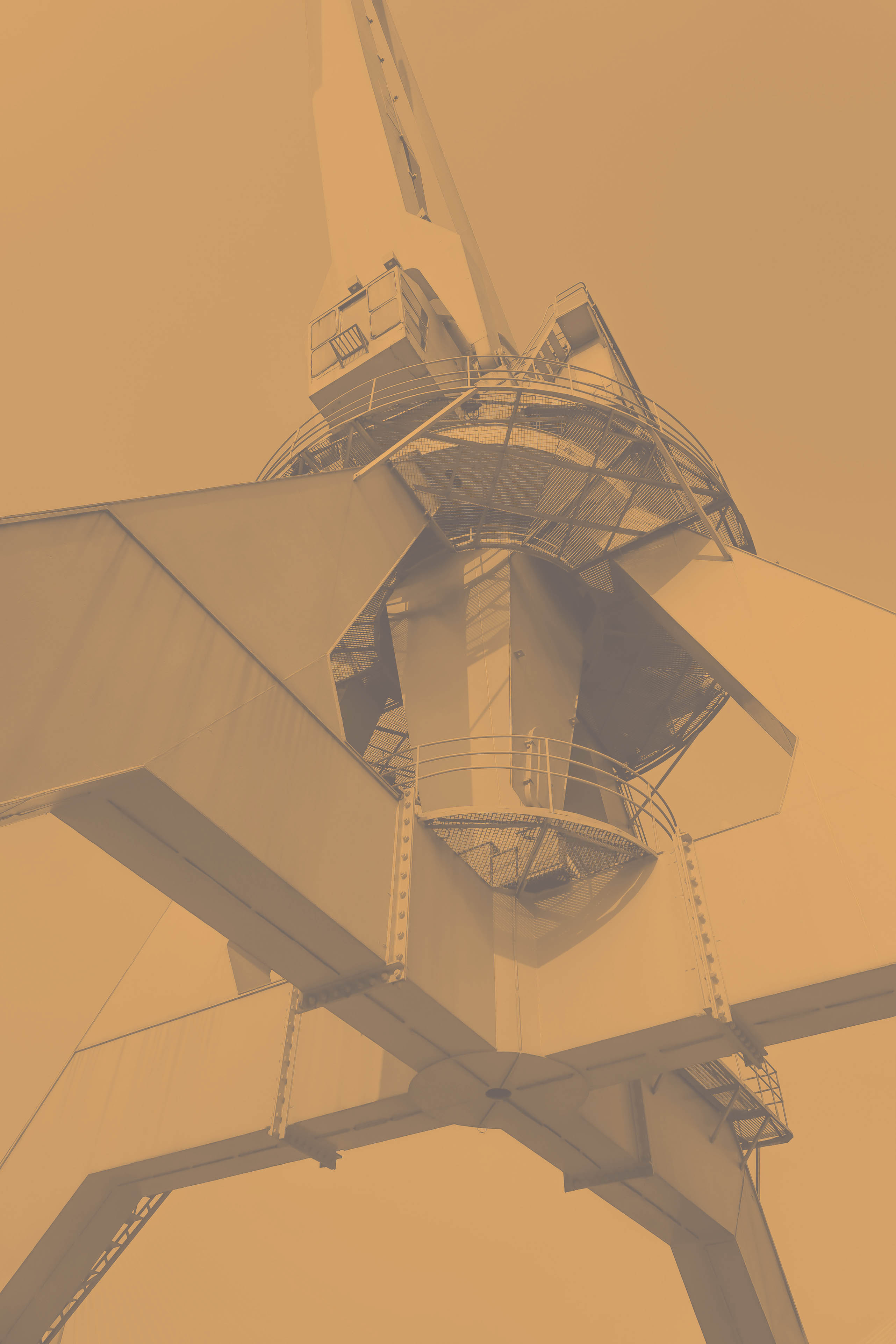
The workshop at Urban Tech Republic, one of the largest urban development projects in Berlin in the coming years on a former airport area, will discuss municipal strategies for a clean construction and urban planning sector.
The workshop at the Haus der Statistik, a model project of cooperative and urban planning in Berlin, deals with the topic of circular economy in urban development on a regional level.
The participants of the round table are invited to discuss the possibilities of a division of labor approach of instruments as well as approaches to their further development for a transformation to a climate-neutral building stock in Europe.
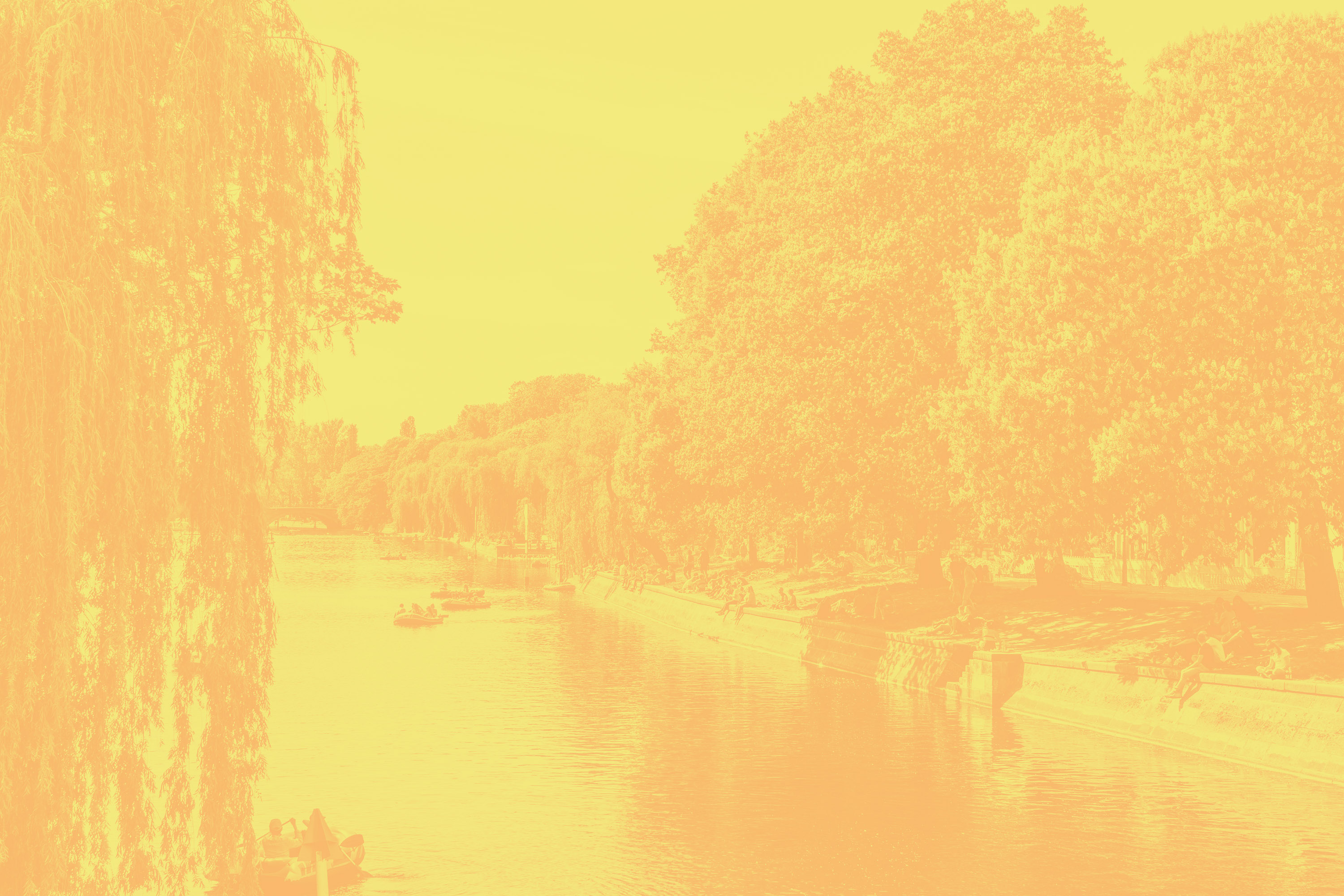
The Special Fora took place during the whole conference and are special formats that were organized with key partners of the conference to focus on special issues of the built environment.
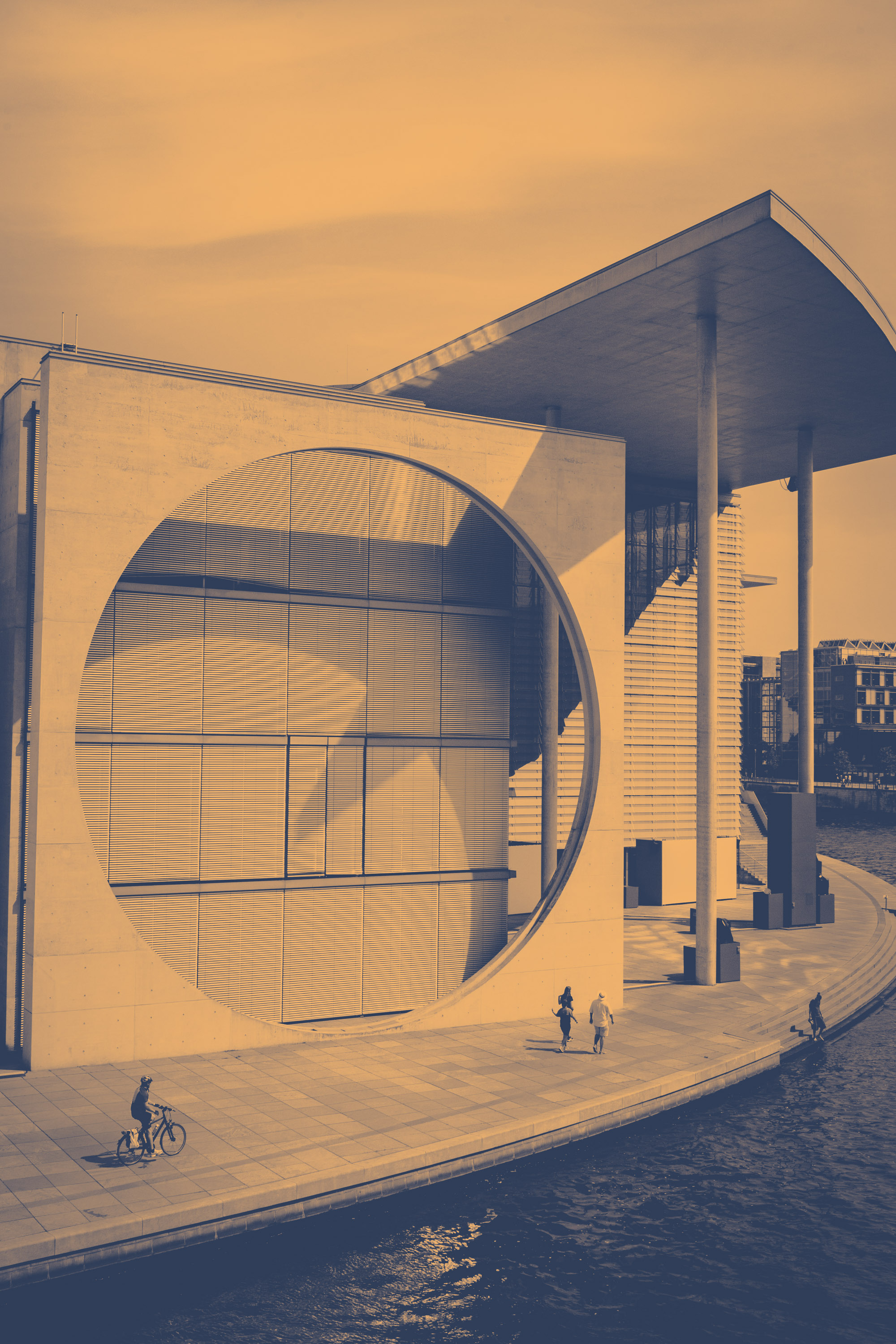
Wednesday, 21.09.2022, 11:30 - 13:00
at TU Berlin Main Building H0104
The EU Commission session (in cooperation with Bauhaus Earth) will discuss systemic issues that arise in shaping the transition to a regenerative built environment and explore the potential of a global cross-regional learning network.
Thursday, 22.09.2022, 15:30 - 17:00
at TU Berlin Main Building H1035
InData’s mission is to support the digitalization of EPD data in order to assess and improve the environmental performance of buildings.
Thursday, 22.09.2022, 13:30 - 15:00
at TU Berlin Main Building H1035
Building with wood has advanced to one of the key targets in combating climate change and to reduce greenhouse gas (GHG) emissions in the construction sector in various countries.
Thursday, 22.09.2022, 10:30 - 12:00
at TU Berlin Main Building H1035
The Einstein Center Climate Change and Public Policy of Human Settlement (ECCC, in planning)* wants to use the unique potential of the metropolitan region Berlin-Brandenburg, its university landscape and the diversity of non-university institutes and actors for concrete climate protection projects.
in cooperation with EU CommissionWednesday, 21.09.2022, 16:30 - 18:00
at TU Berlin Main Building H1035
The building sector in Europe is responsible for 30% of waste generation, uses 40% of non-renewable energy and is thus a major driver of climate change and resource scarcity. In order to achieve the Federal Environment Agency's goal of a climate-neutral and resource-efficient building sector by 2050.
Wednesday, 21.09.2022, 14:30 - 16:00
at TU Berlin Main Building H1035
In September 2020 the European Commission launched an ambitious and wide-ranging process, the New European Bauhaus. The initiative is intended to be an environmental, economic and cultural project which aims to combine design, sustainability, participation and investment to kickstart a renovation wave which helps deliver the European Green Deal.
Wednesday, 21.09.2022, 11:30 - 14:30
at TU Berlin Main Building H1035
The Annex 72 focuses on the assessment of the primary energy demand, greenhouse gas emissions and environmental impacts of buildings during production, construction, operation and dismantling, i.e. during the entire life cycle of buildings.

In a total of 25 oral sessions, 2 poster sessions and 6 special fora, the future of our built environment was discussed and analysed at the two main conference days. Exciting questions were asked and diverse approaches were discussed, ranging from materiality to politics to teaching.
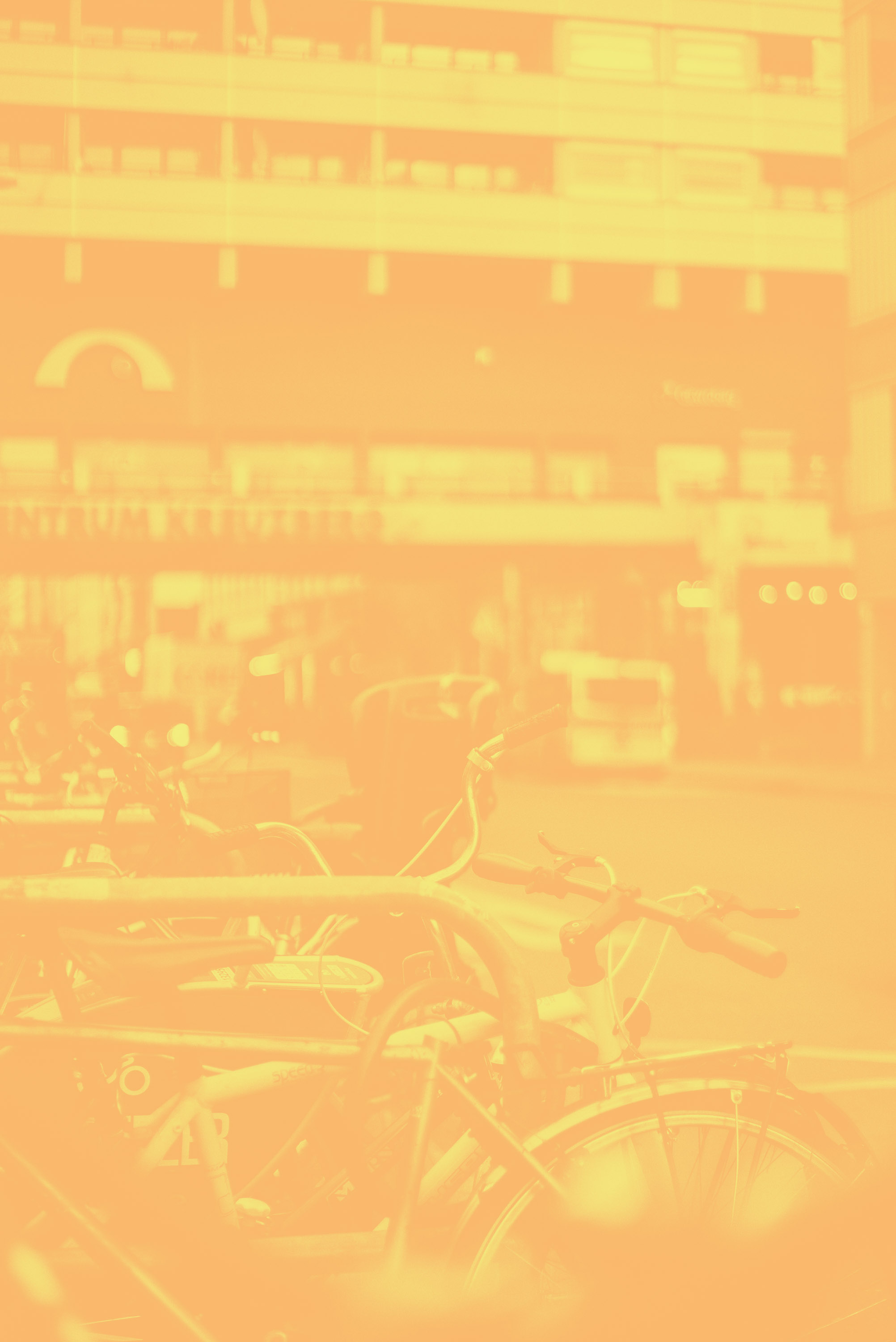
All full papers were published Open Access with IOP Publishing (Link to IOP). All abstracts can be found in our Book of Abstracts (Link to BoA).
go to all published papers
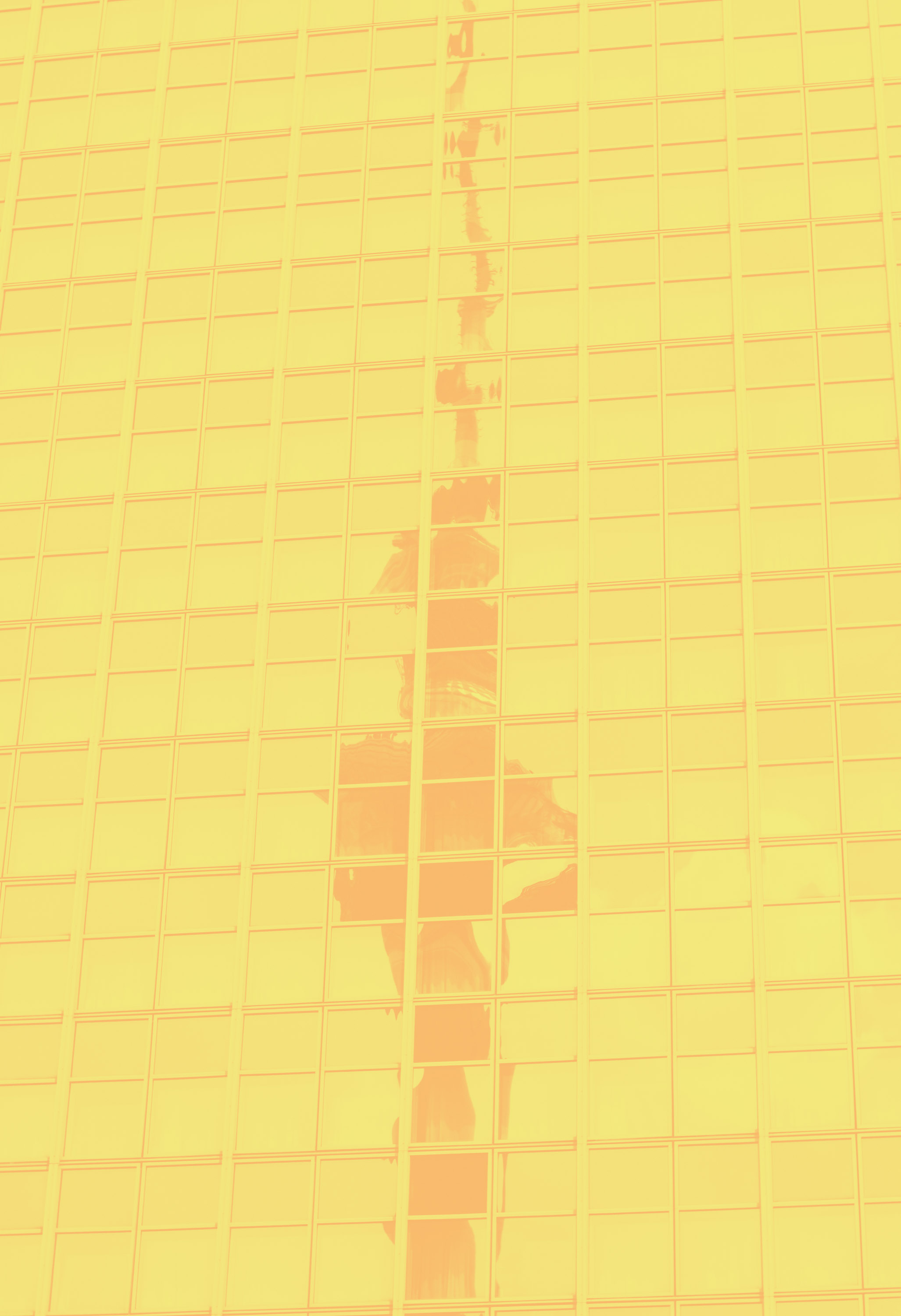
Digital Design and Fabrication Strategy of a Hybrid Timber-Earth Floor Slab
Authors:
Julian Trummer, Markus Schneider, Markus Lechner, Tilmann Jarmer, Thibault Demoulin, Gnanli Landrou, Florian Nagler, Stefan Winter, Kathrin DörflerInstitutions: Technische Universität München, Germany; Oxara AG, Switzerland; ETH Zurich, Switzerland
Cards for Circularity (CFC): Reflections on the use of a card-based circular design tool in design education
Authors:
Giliam Dokter, Bas Wouterszoon Jansen, Liane Thuvander, Ulrike Rahe, Jin-Ah DuijghuisenInstitutions: Chalmers University of Technology, Sweden; Delft University of Technology, The Netherlands
Reviewing allocation approaches and modelling in LCA for building refurbishment
Authors:
Leonora Charlotte Malabi Eberhardt, Harpa BirgisdottirInsitutions: Aalborg University, Denmark


organized by Natural Building Lab together with Habitat Unit, TU Berlin
20.09.2022 – 22.09.2022
The Students Conference at the TU Berlin kicked off by an opening event in a workshop format on " Educational perspectives on Research and Teaching in architecture’ with a Focus on Methodologies and Approaches in Berlin as part of the Pop-Up Campus programme.
In the following days of the conference the students presented the final papers more in contextualized themes, here methodologies and approaches also became an important point to understand the projects.
To see the contributions of the students and read more detailed information, click here.

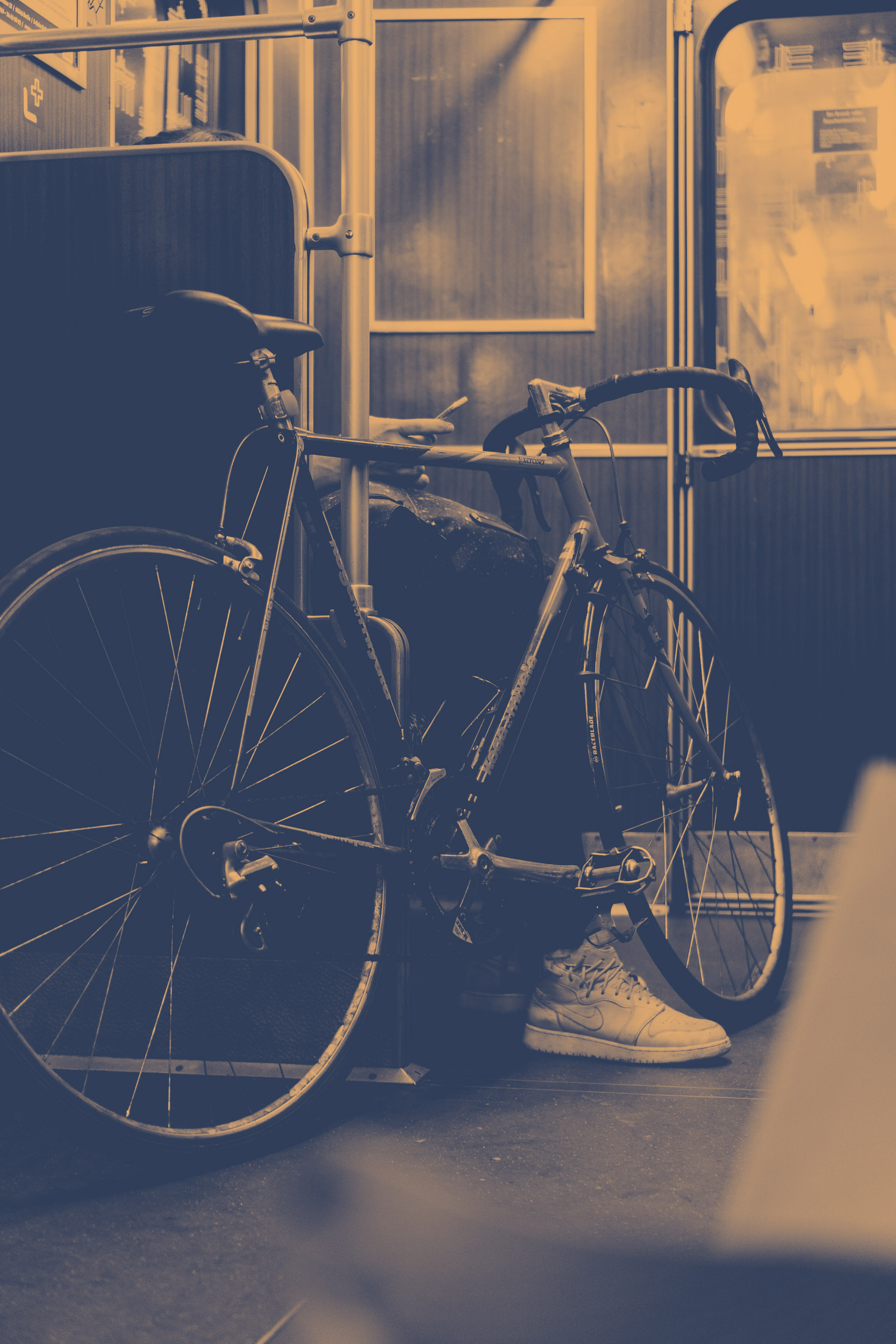
In order to pursue the city of Berlin's goal of transforming Berlin into a climate-neutral city by 2050, the state of Berlin and private owners are investing in timber construction as a future building technique.
Places of bottom-up artistic, cultural, architectural and socio-cultural action are often the initiators for transformation and the development of new processes.
